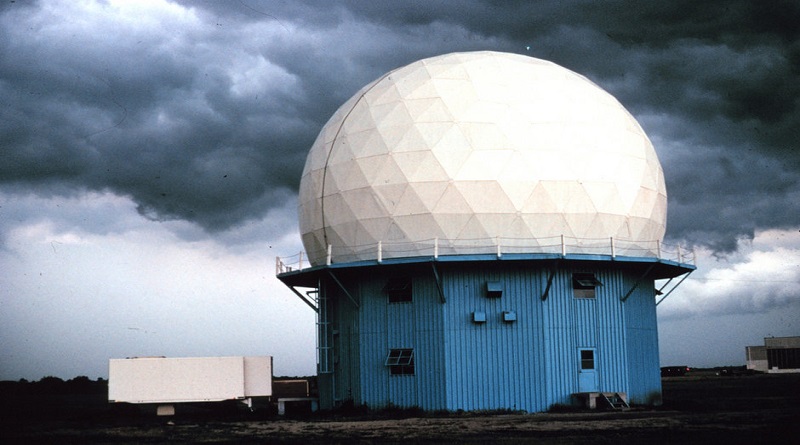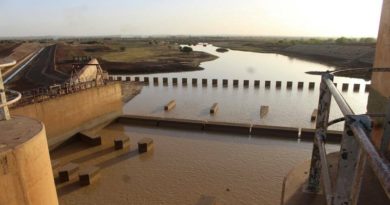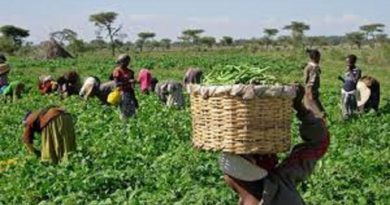NiMET to launch Doppler weather surveillance radar
The Nigerian Meteorological Agency (NiMET), says it will introduce a Doppler weather system to monitor weather up to 400 kilometres.
Prof. Mansur Bako, Director-General of the Agency, stated this at the presentation of a 3-year Multi-Scale Flooding Monitoring and Assessment Services for West Africa (MiFMASS), to reduce risks and manage flood disasters.
The presentation of the service was done by the Centre for Space Science Technology and Education (CSSTE), Ile-Ife, an activity centre of the National Space Research and Development Agency (NASRDA) in Abuja.
The services were produced under the programme tagged: “Global Monitoring for Environmen and Security (GMES) and Africa,” It was a joint initiative of the African Union and the European Union Commission.
It involves seven research institutions in Ghana, Benin Republic, Cote D’Ivore, Burkina Faso and Nigeria.
The programme was targeted at providing Earth Observation (EO) based services on near real time basis to disaster management organisations and boosting their human capacity to adapt to the services.
Represented by Mr Bashir Sahaad, Director of Engineering and Technology Services, Bako said, the agency was migrating from its conventional ways of monitoring weather to more automatic means.
“In the past our conventional method of monitoring weather can only cover a scope of five kilometres.
“Presently, we are deployeing an automatic system called Awawods on a monitor and now we are coming up with a Doppler Weather Radar System.
“The Doppler Weather Radar system have the capacity to monitor weather up to 400 kilometres.’’
He added that the system would be officially launched in December and strategically sited in Kano, Port-Harcourt, Abuja and Lagos, to cover the whole country.
According to him, the systems was already operational in Port-Harcourt and Abuja.
Some of the flooding risk reduction services were officially handed to NIMET, National Emergency Management Agency, Nigeria Hydrological Services Agency and other agencies that generate fold related data to prevent future occurrences.
By Ijeoma Olorunfemi




